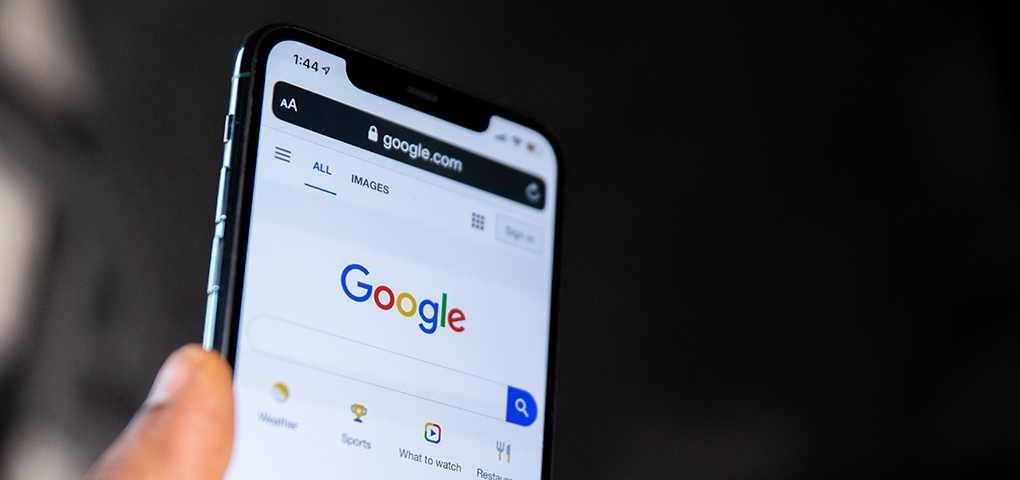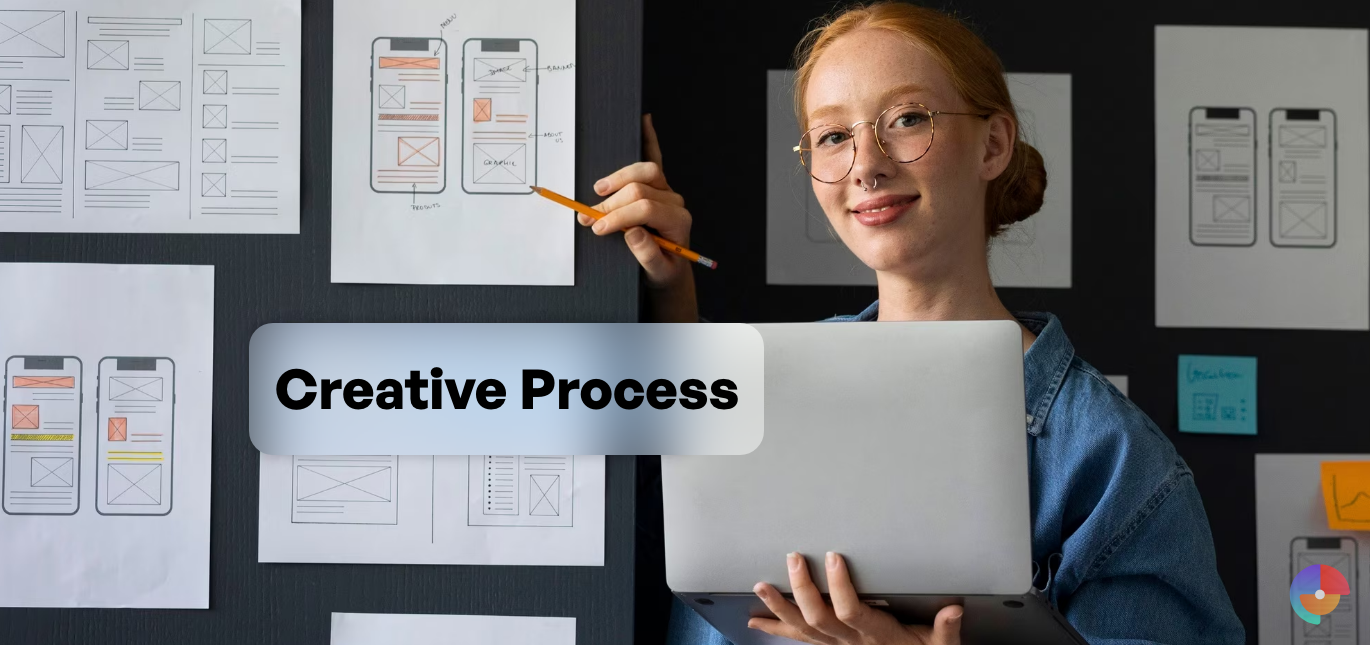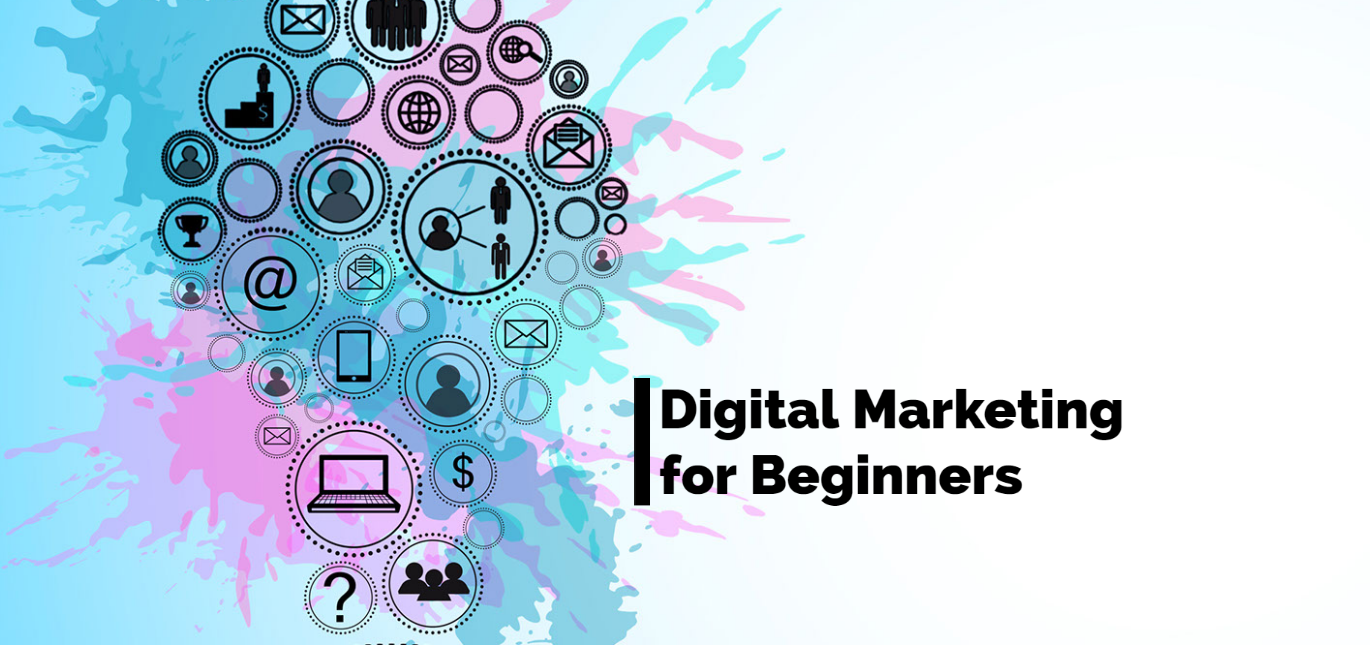Search marketing is a comprehensive branch of digital marketing that includes a series of activities related to traffic, SEO, online reputation, PPC, and everything in between. It is used on a large scale on a daily basis by marketing specialists and SEO experts for most of the online businesses in order to attract more relevant traffic, to keep a higher position on search engines results based on search queries and search intent, and of course, to convert more users. Why search marketing is important, where to start, how to use it, and when to use it, is what we are going to talk about in the following article.
#1 What is Search Marketing
The text we usually type in that box on google front page is called ”search query” – this is where the entire science starts. After typing the text, the search engine redirects us to a page with all relevant results, and the battle for a position on the first page is huge, and depending on the targeted industry.
Anyway, this page with results is also known as SERP (Search Engine Result Page) by those who are aware of this field. A logical deduction from how SERP helps your online business is that the higher the position – the more traffic you will get. Now, this entire process of gaining positions in search results is called Search Marketing. Search Marketing can work both via PPC campaigns and Organic Search. The first difference between them is whether you choose to pay, or not to pay.
#2 Search Engine Optimization
As it was mentioned above, Search Engine Optimization refers to the unpaid (directly to Google) efforts for your presence SERPs. It is focused on organic growth and helps to stabilize your activity and share the ”fair positions” section on SERPS. Since the organic results are always placed under the paid results, it automatically assumes your page will have a lower CTR (Click Through Rate), than paid positions.
Search Engines like Google use spider bots, to crawl the web in the search for relevant content to different search queries. This content can be text, images, PDFs, and other types of web content that is readable both by users and crawlers. After crawling, Google arranges the search results on SERP according to their latest algorithm but based on their statements the position of each search result is determined by content quality, relevance, keyword density, and backlinks.
There are several things you can do such as improve your chances of being ranked organically such as rewriting content to match keywords, write meta tags to match keywords, create more quality content to build authority, get other sites to link to your site, and maintain an active presence on social media to help create external links.
#3 PPC
Paid search gives you another level of control when it comes to the searcher’s ability to find your website on the SERPs. With paid search advertisers tell Google for which search terms they want their ads to show. Google then shows their ads and takes their money when someone clicks on their advertisement and is directed to their website (hence pay per click). Advertisers do not pay to show ads for keywords, but they do pay when searchers click on them;
The worst part of PPC advertising is that everything is limited to your budget. Google never guarantees how relevant are users who clicked on the ad, and also how many of them are real convertible users into clients. Of course, neither does SEO, but, the second option does not require to continuously pay for each click.
Additionally, the general perception of PPC search results tends to be negative, since the ads appear highlighted in a very uncomfortable way for users.
Remember: Your paid search campaigns require continuous care and maintenance which can also be exhaustingly time-consuming and confusing.
No matter which way you choose, it’s always great to have a partner that helps you make the right decisions in tough situations. The more experienced the partner – the better the decisions and thus, the results.






